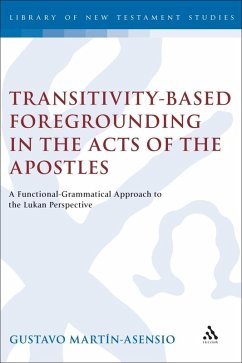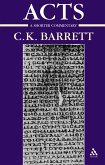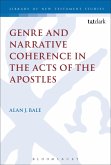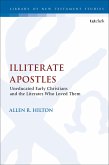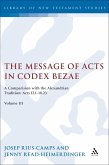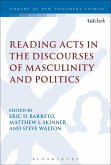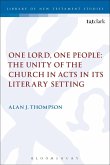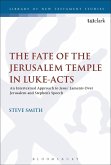This study of the language of Acts is based on M. A. K. Halliday's functional grammar, which offers a theory based on linguistic choices and the effects they have on readers or hearers. Interacting with selected interpretations from, among others, C.K. Barrett, Ben C. Witherington, Jerome Neyrey, Jacob Jervell and John Lentz, Martín-Asensio argues that transitivity ('who does what to whom') emerges as a key factor in the foregrounding scheme of Acts, and this analysis offers a linguistically based perspective on Luke's overall concern to underline the supremacy of the divine will on the stage of human affairs.
Bitte wählen Sie Ihr Anliegen aus.
Rechnungen
Retourenschein anfordern
Bestellstatus
Storno

